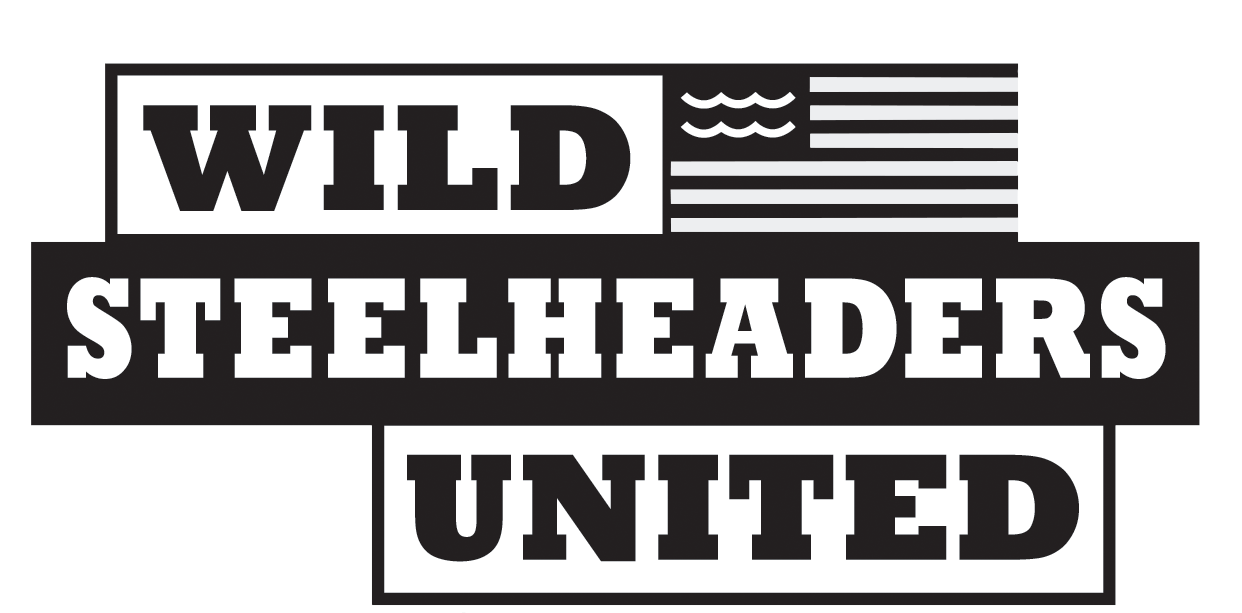Here’s a some good news for all of you who took action recently on Olympic Peninsula steelhead: Seafood Watch, a program of Monterey Bay Aquarium that helps consumers make better seafood choices, downgraded the status of Hoh steelhead, moving them from a “good alternative” for consumers, to one to “avoid.”

Earlier this year the program listed Olympic Peninsula steelhead as
a good alternative for consumers, rubbing many steelhead anglers the wrong way as OP steelhead have been in decline for decades.
Unfortunately, Seafood Watch did not downgrade their rating of steelhead from nearby rivers, including the Queets, Sol Duc, Bogachiel and Calawah, making it more likely that they will show up in the case at your local grocer or on your plate at a restaurant.
However, the downgrade of the Hoh steelhead rating should be celebrated. Anglers from across the country took action, speaking out for wild steelhead. Your voices made a real difference.
The downgrade is certainly warranted. The average annual population size of Hoh steelhead has declined by more than 30 percent since 1980. The management goal of 2,400 spawning adults has not been met eight of the past 15 years. And the early component of the run, those fish that return from November through January, is just a small fraction of its historical abundance.
Unless the trajectory of decline is reversed, fishing closures on this river are a real possibility.
The rest of the Olympic Peninsula is facing a similar story. Annual run sizes on the Queets have declined 47 percent since the 1980s. And on the Bogachiel, only 733 wild steelhead returned last year, the lowest run size ever recorded.
As angler-advocates, let’s take a moment and celebrate this win on the Hoh. The downgraded rating for Hoh steelhead is truly a testament to the passion of steelhead anglers, and the effectiveness of converting that passion to advocacy.
We can be proud for raising our voices and making a significant impact. Now, let’s get back to work. There’s more to be done.

